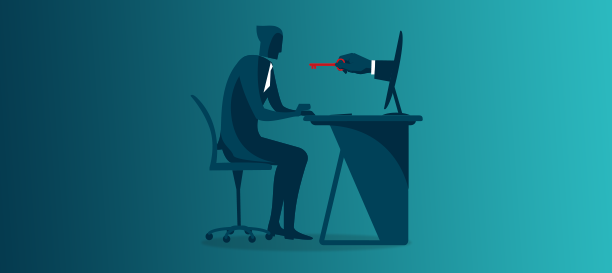
VPN 101: Remote access and safety
As we know, the Coronavirus pandemic has brought about a paradigm shift in the way businesses function. Home is now, ‘The Office’. With WFH taking root, companies and employees alike are experiencing so many benefits that it looks like it is here to stay. This has given a boost to various technologies that enable businesses to operate smoothly in the WFH environment. Examples include video conferencing applications such as Zoom, Microsoft Teams, Google Meet, Cloud data storage options, VoIP, etc., In this blog, we discuss one such technology, Virtual Private Networks, more commonly known as VPN.A VPN or virtual private network is a mechanism to connect to private IT networks using the internet. This gives you the ability to access private networks remotely, yet safely. Thus VPNs play a key role in the remote operations model. Using remote access VPN, employees can access their ‘work computers’ using the remote desktop mechanism. Plus, using VPNs to access data adds an additional layer of security. Here’s how-
- VPNs don’t allow third parties to track the user’s IP, location from which they are accessing or their online activity
- Unlike the regular browsers, VPNs don’t store browsing history, recent activity logs, log-in credentials, etc.,
- If there is a glitch in the secure connection offered by the VPN, the connection is automatically cut instantly, instead of allowing the user to browse unsafely
A word of caution, though. There are many VPN services available in the market, and a lot of free ones too. While some are genuine, there have been cases where cyber criminals have masked a malware to seem like a VPN application and used it to steal sensitive information. So, make sure you do your research before downloading a ‘Free VPN’ application for personal use. If you are a business owner, then you should absolutely opt for a paid, trusted VPN service. Your MSP will be able to recommend one that’s right for you.

Comments
Post a Comment